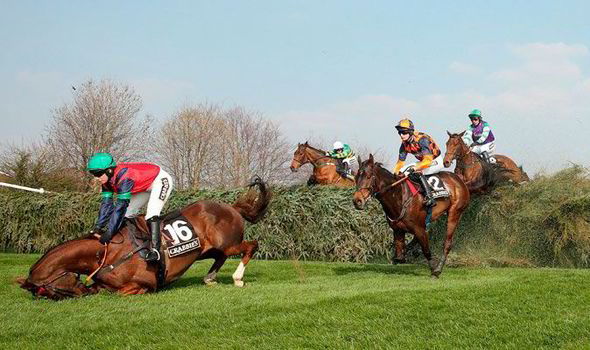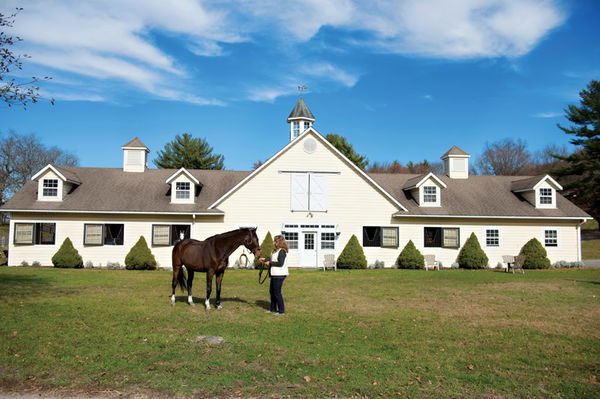



The equestrian community is facing high risks of the potential spread of the Equine Herpes Virus (EHV-1) amongst horses. A recent case in Opglabbeek, Belgium called attention to the appalling scenario after an affected horse died. The International Equestrian Federation (FEI) confirmed the news and has called for an urgent probe into the matter. They have currently blocked numerous horses that have been in contact with the affected one.
Watch What’s Trending Now!
A recent publication by Horse&Hound revealed that the FEI has updated stringent measures to tackle the issue and prevent other horses from getting infected. Routine check-ups by authorized vets and a green signal from the FEI veterinary department shall only allow the blocked horses to compete.
FEI blocked several competing horses after one died owing to Equine Herpes
As reported by the sources, after the death of the affected horse, the federation has taken action “in consultation with the organizing committee and the Belgian national federation”. The infected horse had already departed from the stable. The source claimed that it showed neurological symptoms of the virus and was confirmed by an EHV-1 test, per an FEI official.

Unfortunately, the horse died on 31st March and the authorities are examining the conditions it was subject to. Reportedly, over 30 horses were in close contact with the affected horse since March 22. They too have left the venue prior to the incident. All associated members, vets, and federations have been given a heads-up on the outbreak.
“All blocked horses have been isolated and will be prevented from attending any FEI events until they have fulfilled certain health requirements which are imposed in order to minimise any potential transmission of the virus, both to their own horses and the wider horse population,” the FEI official disclosed.
What measures are being implemented to prevent the spread?
Compulsory biosecurity precautions are being implemented that involve the isolation of horses for at least a time period of 21 days. This was followed by monitoring rectal temperatures twice a day along with routine Equine Herpes virus -1 tests.

Imago
Horse Racing Market Rasen Meeting Jockey BRYAN CARVER riding HAPPY AND FINE jump a hurdle during the horse race meeting at Market Rasen Racecourse, Market Rasen, United Kingdom on 12 March 2023. Market Rasen Market Rasen Racecourse Lincolnshire United Kingdom Editorial use only , Copyright: xMickxAtkinsx PSI-17062-0082
Additionally, a horse shall be redeemed from isolation only after verification from a vet. In fact, they will have to abide by all the ‘return to competition’ protocols and guidelines. The convenience of an FEI HorseApp was presented to the concerned individuals for a swift diagnosis curriculum and to ensure the equestrian community’s safety.
Watch This Story – WOW! Here Are the Most Epic All-Around Routines Performed by Simone Biles at Rio Olympics
It is likely the federation will be able to restrict the virus spread from going out of borders and efficiently eliminate it from within the country itself. While the news is alarming, only time will indicate the severity of the virus.

